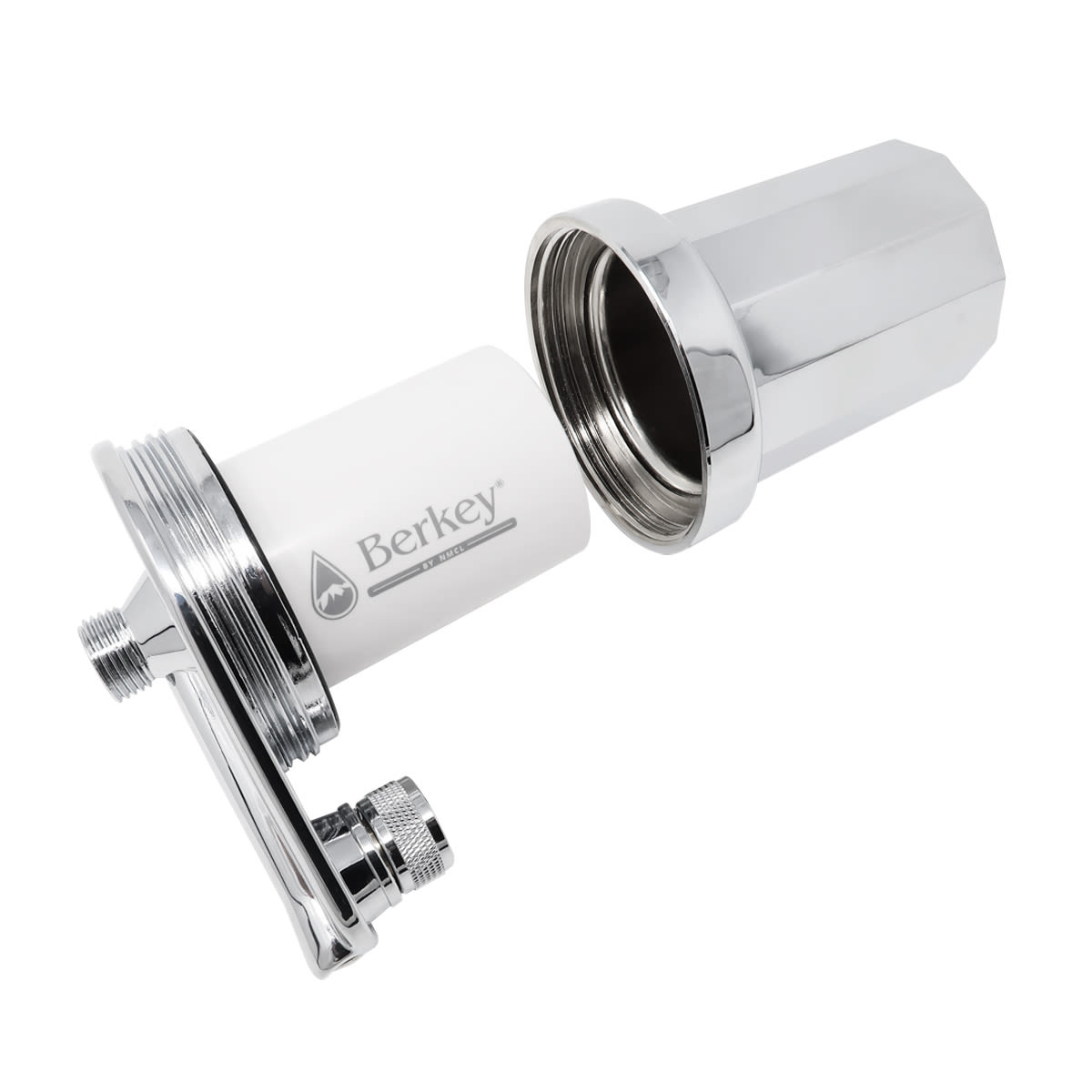PET Plastic Water Bottle Pollution
The hazards posed by plastic water bottles can be broken down into three main categories. The two most important of course are the dangers to our personal health and the effect upon our natural environment. A more insidious consequence of PET water bottle use are the ethics of marketing water as a commodity by multinational corporations.
The Health Dangers of PET Water Bottles
Three recent European studies have shown that PET plastics may contain endocrine system disruptors as well as leaching the toxic chemical antimony. The evidence is not yet conclusive but it appears that PET plastics interfere with estrogen and other reproductive hormones. These studies were performed at the Goethe University in Frankfurt, the University of Pisa and at the University of Heidelberg. Another study performed at the Radboud University, Netherlands found evidence of significant bacterial contamination in PET bottled waters.
The conclusions of the Goethe University study stated "Our findings provide first evidence for a broad contamination of mineral water with xenoestrogens" and "consumption of commercially bottled mineral water may therefore contribute to the overall exposure of humans with endocrine disruptors". The researcher himself stated that after this study "Having done all of these experiments, I started drinking tap water, it might have other stuff in it, but at least it doesn't have estrogenic compounds."
The University of Pisa study was less conclusive, finding that only 10 percent of the samples tested positive for estrogenic activity. Though they did say that "suboptimal storage conditions—such as prolonged exposure to sunlight and high temperatures—can cause leaching of chemicals from PET bottles into fluid contents". For anyone who has been on vacation in the Mediterranean, you've probably seen for yourself how pallets of plastic water bottles can lie in the sun for hours or days before being stocked in a supermarket or loaded for transport.
Another study from the University of Heidelberg found that antimony can leach from a PET bottle into the bottled water. Antimony is a toxic element and is used in the manufacture of PET bottles. They found among other conclusions that the longer the liquid stands in the bottle the higher the level of antimony contamination. When buying a bottle of water one has no way of knowing whether the PET bottles were exposed to the elements nor for how long. Not to mention that the water may be stored for up to two years.
The Dutch study exposed the assumption that bottled waters are safer or "cleaner" than tap water. The researcher stated that: "We found high levels of bacterial contamination in commercially bottled mineral water" as well as "these findings indicate that the general perception that bottled water is safe and clean is not true".
In a study on the presence of microplastics in bottled water done in Germany and released in 2017 it was found that all bottled waters contained microplastics, even including water bottled in glass. The sources of the microplastic contamination were the plastic bottles themselves and in the case of the glass bottles it was the lubricant used in the caps.
For further information see the following articles:
- Bottled Water: The Risks to Our Health, Our Environment and Our Wallets. (A good overview, albeit with an American slant.)
- Poison Lurking in Your Plastic Water Bottle. (Slightly sensationalist, but nonetheless good article about the Heidelberg University findings.)
- One in Five French Bottled Waters 'contain drugs or pesticides'. (A study carried out by 60 Millions de Consommateurs).
The Environmental Effects of PET Plastic Water Bottles
The negative environmental effects of PET plastic bottles are present not only in it's disposal as a waste product but also in it's manufacture. The lifecycle of a PET plastic bottle is deleterious from beginning to end.
A few facts:
- 30 million plastic water bottles are used each day in Europe, more than 100 million world wide each and every day. That's more than 20,000 bottles per minute in Europe alone.
- It takes 3-5 times more water to produce a plastic bottle than the amount of water it is actually filled with.
- Appoximately 50% of the bottles used in Europe are not recycled, thus ending up in garbage dumps, trash incinerators, or as litter ultimately in the oceans.
- It may take up to a 1000 years for a PET plastic bottle to decompose.
- The cost in energy to produce bottled water has been calculated to be a 1000 times greater than the energy required to produce and deliver tap water. See also Bottled and Sold by Peter Gleick.
- PET production releases known carcinogens such as ethylbenzene, ethylene oxide, methylene chloride, benzene and toluene into the environment. The toxic chemical antimony is also used in the production of PET plastic.
- The world's oceans are estimated by the UN to contain 46,000 pieces of plastic per square mile. The Algalita Marine Research foundationestimates there are as much as 1 million pieces per square km. in the Great Pacific Garbage Patch gyre. There are 5 of these plastic waste gyres in the world's oceans.
The Dubious Ethics of Marketing Water
Access to clean fresh water is a common good and not a commodity to be marketed and sold back to us at jacked-up prices, whatever the bottled water companies and neo-liberal talking heads would have us believe. Commercialising water, depleting public water resources for bottled water and even shipping it, sometimes thousands of kilometers, while millions of people have no access to clean fresh water is not only wasteful but ethically repugnant. The bottled water companies are part of a larger drive to privatize and turn into a commodity what is actually a basic human right: access to clean and fresh drinking water. Deny them their profits gained at public expense and drink tap water.
If you have been buying bottled water because of concerns about the quality of your tap water, then the obvious and cheapest solution is a Berkey Water Filter System. The health and environmental hazards of bottled water, not to mention the ethical ramifications make clean tap water the only logical choice for you and your family.







